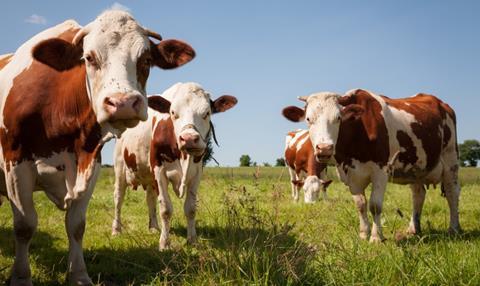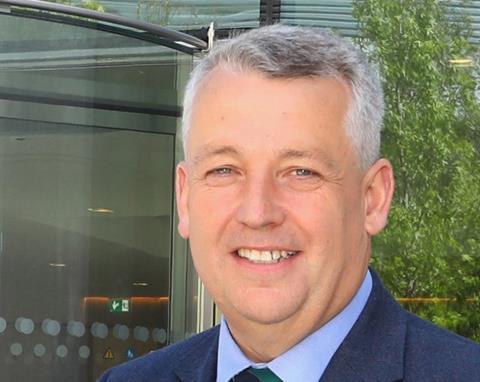Livestock farmers are the custodians of the nation’s carbon and by using a set of new ‘smart solutions’ they can deliver net zero targets and help halt unfounded and unfair criticism of the industry, farming and environmental expert Professor John Gilliland told Hybu Cig Cymru - Meat Promotion Wales’ (HCC) conference.

He explained how synergies in a set of substantial practical research projects that he was involved with in Northern Ireland had digitised the landscape using soil and archaeological science to calculate the quantity of carbon sinks on his own and six other local farms.

“It uncovered some fascinating additional results, besides quantifying the carbon. When you go down the route of digitising the landscape, there are other benefits, like improving water quality that appear,” he told industry representatives at the Royal Welsh Showground, Llanelwedd.
He explained that, in the quest for net zero, farmers were at a disadvantage because there was no proper recognition in the National Greenhouse Gas Inventory of the contributions made by different parts of the on-farm production process. “The industry needs an extra mechanism: a ‘horizontal mechanism’ that allows the farmer to offset one area of the farm, say solar panels on milking sheds, against another part of the same production process.”
Prof Gilliland, who is a farmer, director of Global Agriculture and Sustainability at Devenish and Professor of Practice in Agriculture and Sustainability at Queen’s University Belfast, said: “I presented these findings to the UN in Geneva five weeks ago and the Secretariat came up to me afterwards and said: ‘I’ve never heard it explained like this before - we do have an issue that needs resolved. I said – ‘yes you have!’”
He said that it was important that the industry considered and changed the language it used. “We’re not being asked, as an industry, to deliver zero emissions; we are being asked to achieve net zero, after accounting for increasing carbon sequestration and the use of renewables,” said Prof Gilliland, who also chairs ARC Zero, the farmer-led carbon farming project and has also chaired Defra’s Rural Climate Change Forum for seven years.
“That’s the big difference. My own farm is beyond net zero today. I have a substantial renewable heat business. If I add in the renewables, I am 560 per cent beyond net zero today. So, don’t say we can’t get to net zero. It’s about being smart and using all the tools in the toolbox.”
He was critical of the domestic incentives available to help meet the net zero targets and said the UK was like “the wild west” when it came to carbon pricing. “Who will pay us a fair price for our additional carbon saved? The coal fired power companies get £65 a tonne; the voluntary market gets £15. Where is the equity or equality in that?
“Now let’s talk about Australia - soon to have unfettered access to our UK market. There, the power generators receive £15 a tonne; forestry £21 or so; soil now £36. That represents equity and a realism of effort,” said Prof Gilliland.
This story was originally published on a previous version of the Meat Management website and so there may be some missing images and formatting issues.















